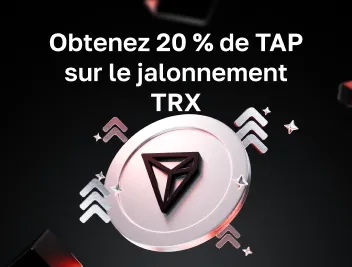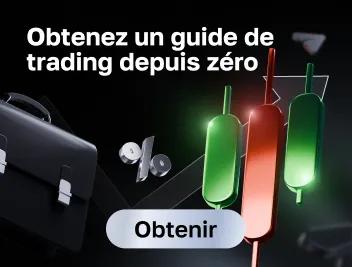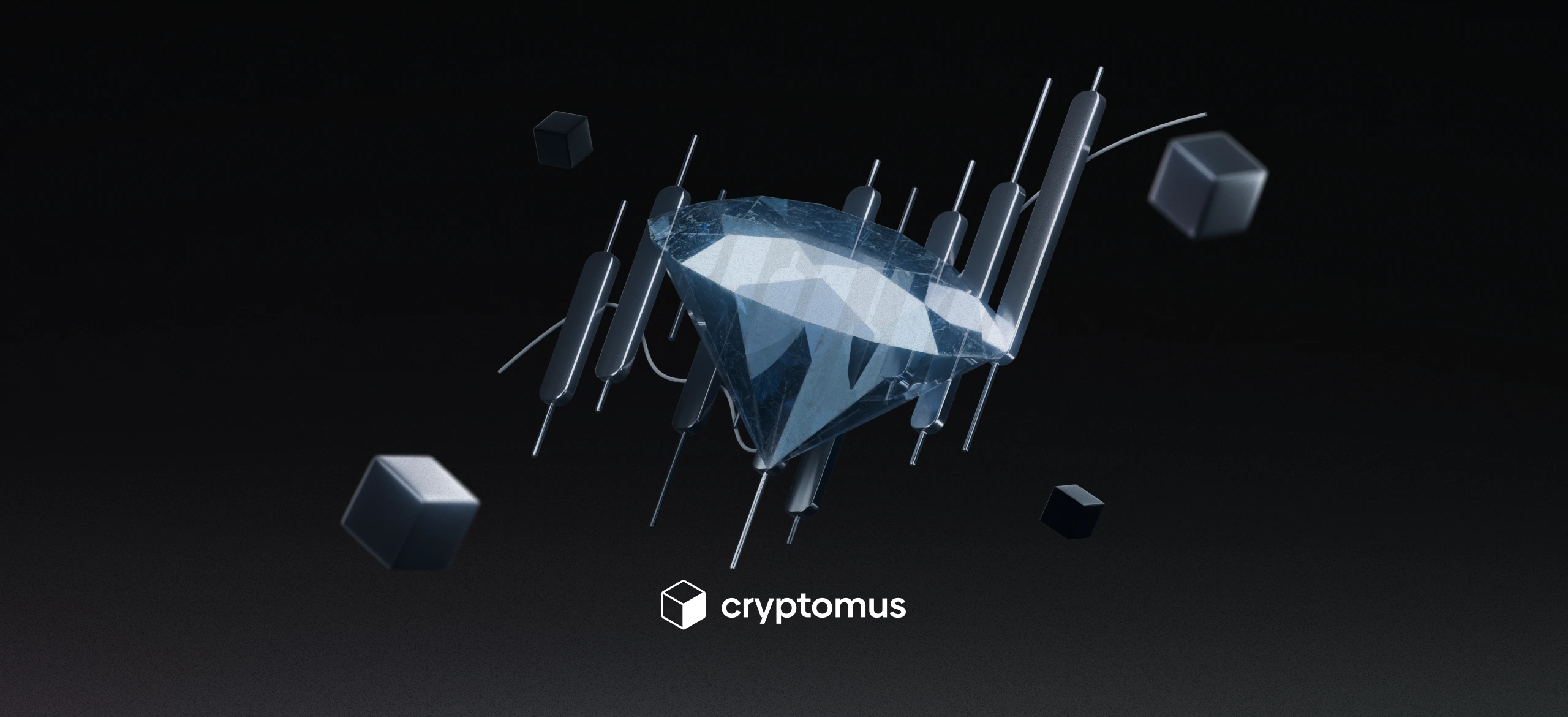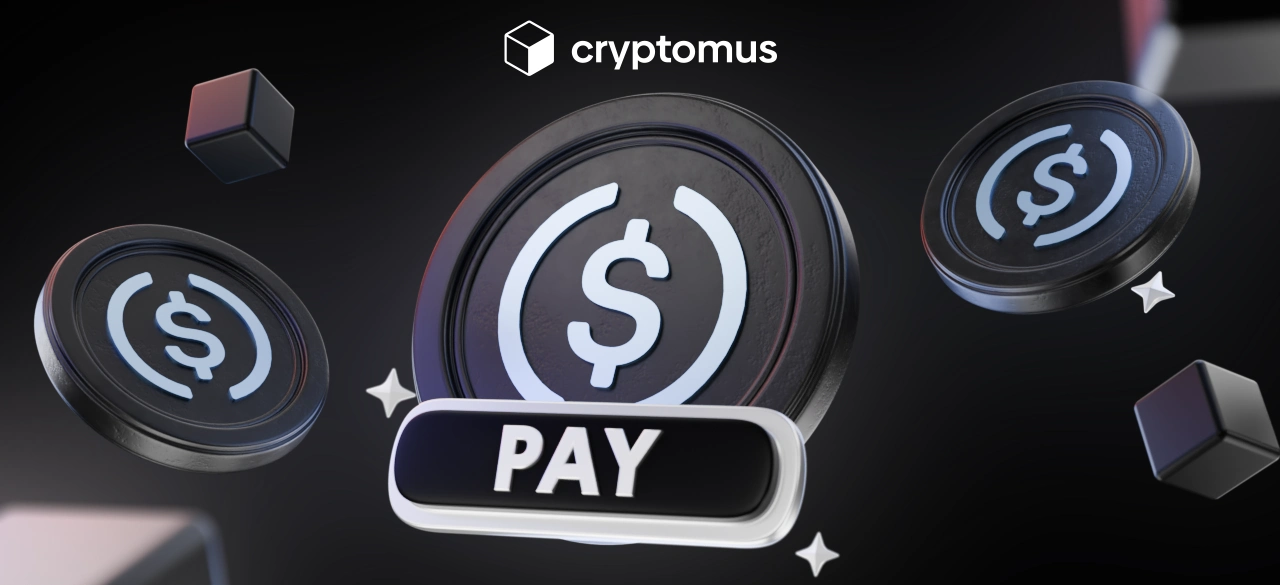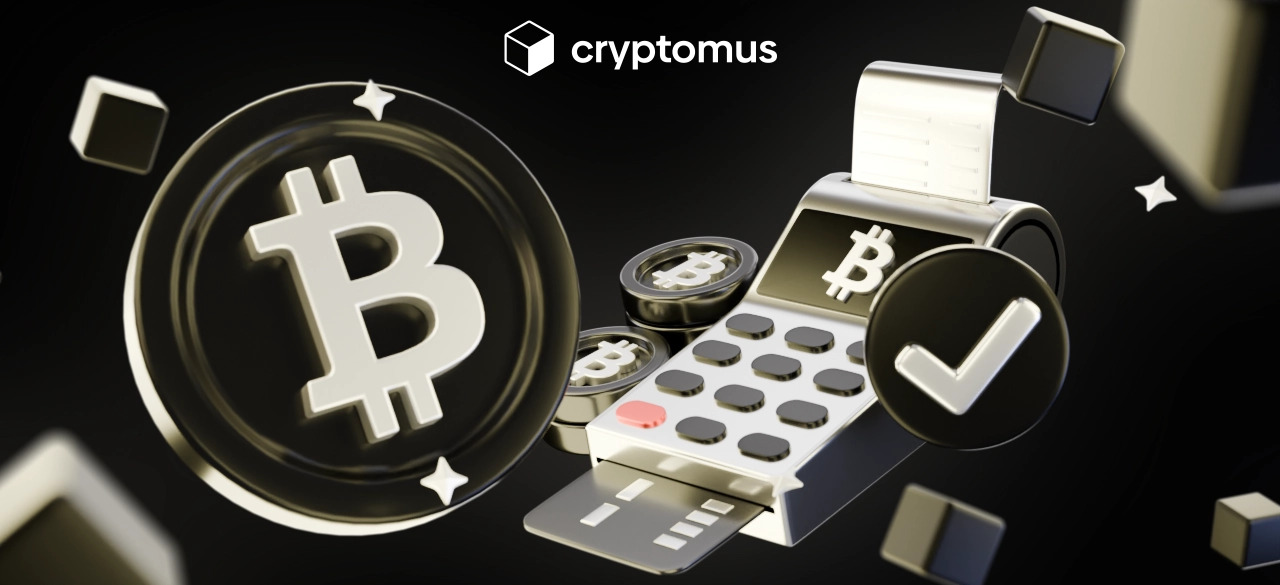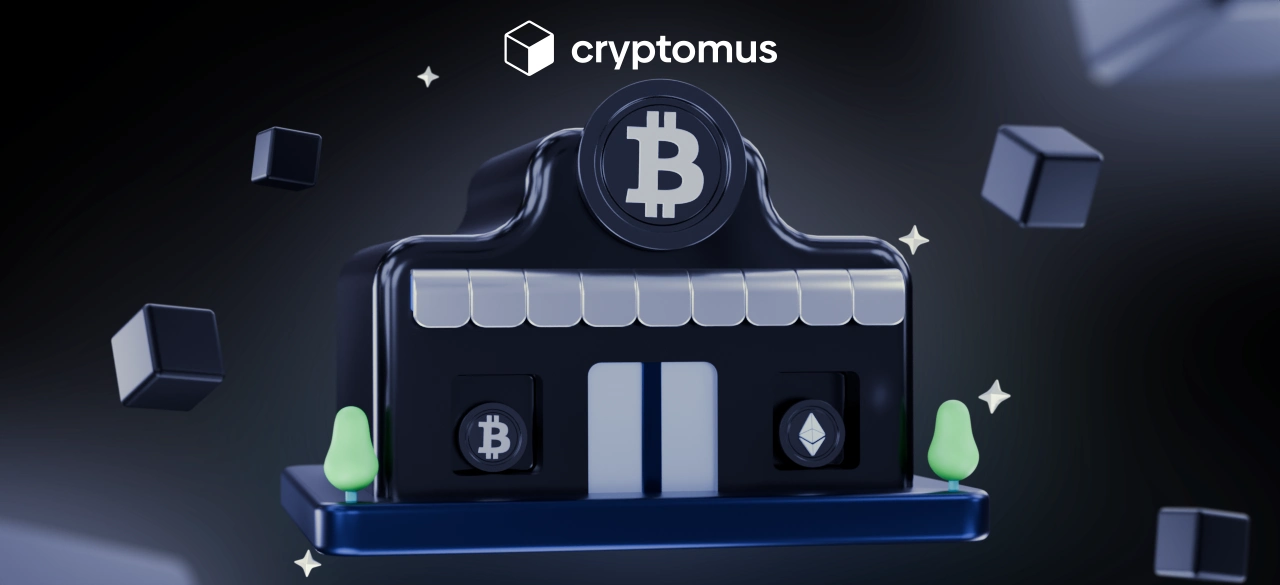
La meilleure façon de stocker les crypto-monnaies
Table des matières
Si vous envisagez d'investir dans les cryptomonnaies, vous pourriez vous demander : où vais-je conserver mes fonds ?
Comprendre comment stocker vos actifs est crucial pour éviter les échecs précoces dans votre parcours. Par exemple, en 2021, le propriétaire de cryptomonnaies Stephan Thomas a perdu environ 7 000 Bitcoins à cause d'un mot de passe oublié dans son portefeuille. Une estimation relativement prudente place le montant total des Bitcoins bloqués à l’échelle mondiale en raison de la perte de clés autour de 140 milliards de dollars.
Dans cet article, nous détaillerons toutes les options disponibles et discuterons des avantages et des inconvénients de chaque méthode. Restez jusqu'à la fin pour découvrir la meilleure façon de procéder !
Comment Stocker des Cryptomonnaies ?
Pour commencer, gardez à l'esprit que vous ne pouvez pas conserver vos économies virtuelles dans un compte bancaire comme l'argent fiat. Pour cela, vous avez besoin d'un portefeuille de cryptomonnaies. Il peut s'agir d'une plateforme en ligne, d'une application, d'un appareil matériel ou même d'un morceau de papier.
Un portefeuille de cryptomonnaies est un programme ou un dispositif qui stocke des clés privées et publiques, ainsi que des données de transactions et vos fonds en cryptomonnaies. Il existe plusieurs classifications, et l'une des principales différences est si le stockage est chaud (en ligne) ou froid (hors ligne).
De plus, Cryptomus propose également un portefeuille numérique où vous pouvez stocker des cryptomonnaies. Vous en apprendrez davantage sur ce service, comment l'utiliser et ses avantages dans l'article suivant.
Comment Stocker des Cryptos en Ligne ?
Un portefeuille chaud est toujours connecté au réseau et a accès à la blockchain. En d'autres termes, il maintient les actifs crypto en ligne. Plus couramment, il se présente sous forme de programmes mobiles et de bureau ; il existe aussi des versions web. Envoyer et recevoir de l'argent peut se faire rapidement si une connexion Internet est disponible en permanence.
Un guide détaillé sur comment créer votre propre portefeuille en ligne peut être trouvé ici.
Portefeuilles Chauds Custodians
Une autre classification des portefeuilles chauds se divise selon la méthode de stockage des clés privées : custodians et non custodians. Ce sont des codes cryptographiques qui vous donnent accès à vos économies numériques.
Eh bien, parlons du type de portefeuille custodian. Ce type a une connexion Internet forte et est lié à un fournisseur intermédiaire. Par exemple, Cryptomus fournit ce type de portefeuille crypto. Le portefeuille Cryptomus est l'un des instruments les plus courants pour conserver des cryptomonnaies en raison de son interface conviviale et de ses mesures de sécurité fiables. Récupérer l'accès à votre compte est simple et rapide, car le service intermédiaire connaît votre identité et protège vos données personnelles.
Avantages et Inconvénients
Les investisseurs préfèrent les portefeuilles custodians car ce type présente ses propres avantages :
- Vous gardez des cryptomonnaies sur votre compte pour un accès pratique lorsque vous souhaitez les échanger. Ce type facilite la gestion régulière de votre monnaie numérique.
- Vous n'avez pas à vous soucier de perdre un mot de passe. Les portefeuilles chauds viennent avec une phrase de récupération. Utilisez-la pour récupérer votre monnaie numérique si vous perdez l'accès.
- Si votre décision se porte sur des portefeuilles custodians, tous les aspects de la protection reposent sur le fournisseur que vous choisissez. Cela signifie que des méthodes de sécurité plus robustes sont utilisées. De plus, si vous prenez des mesures de sécurité supplémentaires sous la forme d'un mot de passe fort et d'une authentification à deux facteurs (2FA), la protection de votre compte augmentera.
- En choisissant un fournisseur de portefeuilles custodians fiable, vous aurez la sécurité de savoir que vos actifs sont entre de bonnes mains et, surtout, il y a un service de support qui répondra à toutes vos questions.
Un inconvénient des portefeuilles custodians chauds est qu'ils peuvent être compromis car ils maintiennent les cryptomonnaies en ligne. Bien que la probabilité que cela se produise soit faible, assurez-vous de sécuriser adéquatement votre portefeuille.
Meilleurs Portefeuilles Custodians
Voici un tableau des meilleurs fournisseurs de portefeuilles custodians :
| Fournisseur | Frais | Solutions de Paiement | Capacité Multimonnaie | Plateformes | Fonctionnalités Entreprises | |
|---|---|---|---|---|---|---|
| Cryptomus | Très bas | Passerelle de paiement intégrée, API | Large gamme de cryptomonnaies et fiat | Web, application mobile | API avancée pour entreprises, paiements automatiques | |
| Payeer | Bas | Traitement des paiements | Multimonnaie (crypto + fiat) | Web, application mobile | Échange intégré, support pour plusieurs méthodes de paiement | |
| Kraken | Moyen | Transferts bancaires, SEPA, SWIFT | Multimonnaie (crypto + fiat) | Web, application mobile, API | Staking, trading avec marge, fonctionnalités de sécurité avancées | |
| Binance | Très bas | Échange P2P, passerelle de paiement | Multimonnaie (crypto uniquement) | Web, application mobile, API | Trading de futures, staking, large gamme de services |
Nous vous recommandons d'essayer Cryptomus, qui est une plateforme pratique offrant des portefeuilles custodians fiables. Vous pouvez acheter plus de 21 types de cryptomonnaies rapidement et facilement. Les frais sont aussi bas que 0,1 %. La plateforme a un haut niveau de sécurité ; vous seul et le service avez accès à vos données privées. Vous pouvez lire plus sur les portefeuilles de cryptomonnaies ici.
Portefeuilles Chauds Non Custodians
Un portefeuille non custodian est une application décentralisée qui donne au propriétaire un contrôle total sur ses fonds et ne partage pas ses données avec des intermédiaires. Cela ressemble à avoir votre propre banque, mais la liberté inclut la responsabilité. Vous êtes responsable de tout, ce qui peut être intimidant si vous êtes nouveau dans le monde des cryptomonnaies.
Aucun "Mot de passe oublié ?" ne vous aidera si vous les perdez. Utilisez des mots de passe sécurisés, conservez des sauvegardes et protégez votre appareil des regards indiscrets.
Avantages et Inconvénients
Les principaux avantages des portefeuilles non custodians sont :
- Il y a un haut degré de protection car le propriétaire garde uniquement les données privées.
- Fiabilité accrue en raison du code source de l'application.
- La capacité d'effectuer des transactions à tout moment.
Inconvénients :
- En cas de perte d'une clé privée ou d'une phrase de récupération, il sera impossible d'accéder à vos actifs.
- L'interface de l'application est assez compliquée, donc les options non custodians sont meilleures pour les utilisateurs expérimentés.
Meilleurs Portefeuilles Non Custodians
Voici une liste des meilleures options de portefeuilles non custodians :
| Fournisseur | Blockchains Supportées | Méthodes de Sécurité | Fonctionnalités Supplémentaires | |
|---|---|---|---|---|
| MetaMask | Ethereum et blockchains compatibles avec EVM | Mot de passe ou PIN, phrase de récupération de 12 mots | Intégration avec dApps | |
| Trust Wallet | Plus de 70 blockchains, y compris Bitcoin, Ethereum, Solana, Cardano | Information non divulguée | Supporte plus de 9 millions d'actifs numériques | |
| Coinbase Wallet | Tous les tokens ERC-20, chaînes compatibles avec EVM (Avalanche, Polygon) | Secure Enclave | Staking pour ETH, ATOM, ADA, SOL, prêts crypto, navigateur dApps, notifications d'actualités du marché, NFT |
Dans le monde des monnaies numériques, MetaMask est une marque bien connue. Plus de 30 millions de personnes ont enregistré ce portefeuille. Comme toute autre plateforme réputée, MetaMask est protégée par un mot de passe. Vous recevrez également une phrase de 12 mots, qui est essentiellement la clé pour les fonds, lors de sa configuration.
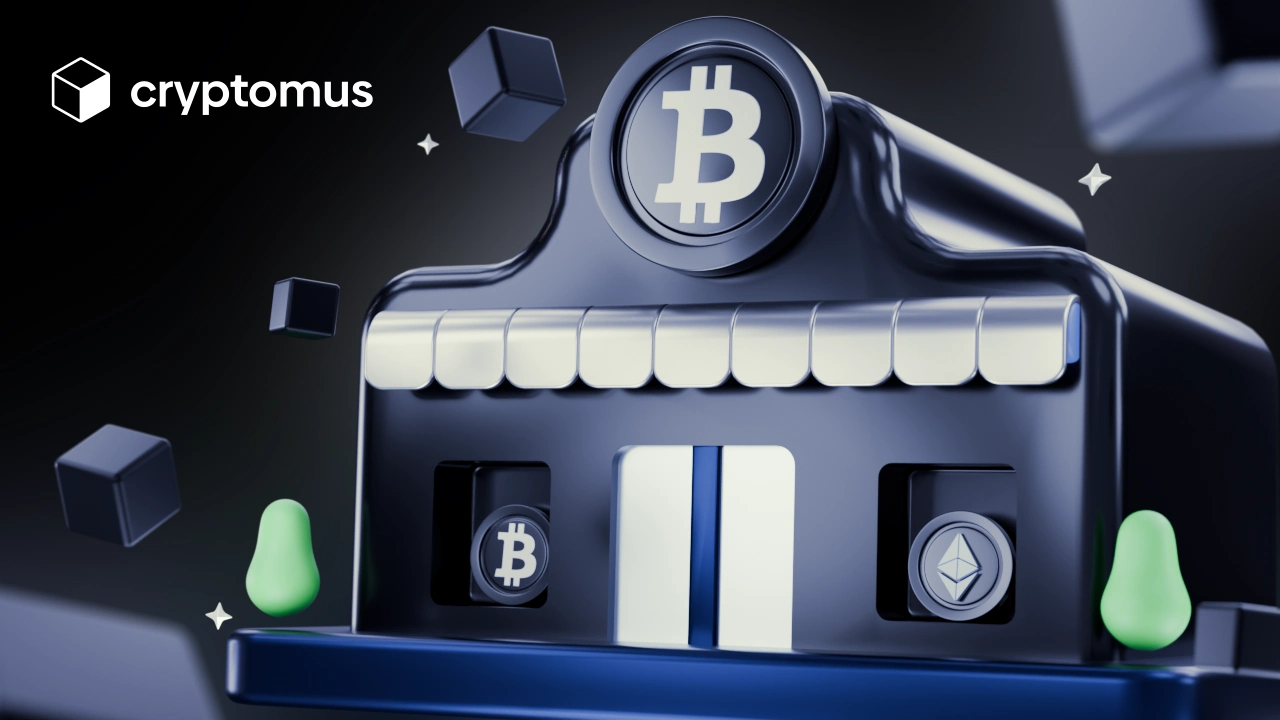
Comment Stocker des Cryptos Hors Ligne ?
Si vous préférez garder les cryptomonnaies hors ligne, alors le stockage à froid vous conviendra. Cette catégorie comprend les outils qui n'ont pas de connexion au réseau. Il y a deux options :
les portefeuilles matériels et les portefeuilles en papier.
Portefeuilles Matériels
Les portefeuilles matériels sont des dispositifs matériels spécialement conçus pour stocker des clés privées et pour accéder aux cryptomonnaies. Ils se présentent sous forme de petits appareils semblables à des clés USB. La connexion Internet n'est pas nécessaire pour garder les clés privées en sécurité. Les données sont conservées à l'intérieur du dispositif, donc même si votre ordinateur est infecté, vos fonds resteront protégés.
Avantages et Inconvénients
Les avantages des portefeuilles matériels sont :
- La meilleure option pour stocker de grandes quantités de cryptomonnaies.
- Idéal pour les investissements à long terme.
- Sécurisé contre les attaques de pirates informatiques grâce à son stockage hors ligne.
Inconvénients :
- Moins pratique pour les transactions fréquentes.
- Coût élevé, les prix des dispositifs vont de 50 à 250 dollars en moyenne.
Meilleurs Portefeuilles Matériels
Les géants du stockage hors ligne sont souvent Trezor et Ledger. Voici un tableau comparatif pour mieux comprendre ces options :
| Compagnie | Coût | Échanges Supportés | Capacité Multimonnaie | Connectivité du Dispositif | Sécurité | Fonctionnalités Avancées | |
|---|---|---|---|---|---|---|---|
| Trezor Model T | 219 $ | Oui | Plus de 1600 cryptomonnaies et tokens | USB-C | Bouton physique pour confirmer les transactions | Mot de passe, FIDO2, Shamir Backup | |
| Ledger Nano X | 149 $ | Oui | Plus de 5500 cryptomonnaies et tokens | USB-C, Bluetooth | Puce sécurisée (CC EAL5+) | Support pour applications DeFi, batterie intégrée, Bluetooth pour mobile |
Portefeuilles en Papier
Un portefeuille en papier est un autre type de stockage hors ligne (ou froid). Il s'agit souvent d'une impression des clés publiques et privées sous forme de ligne de caractères et de code QR scannable. Les propriétaires les utilisent pour effectuer des transactions en cryptomonnaies. Ils reçoivent de l'argent numérique avec un portefeuille en papier en utilisant les clés publiques.
Bien que ce type soit relativement sécurisé, vous pouvez facilement perdre les fonds en cas de vol. Créez un portefeuille en papier en utilisant des programmes disponibles en ligne, qui généreront les codes aléatoires et vous donneront l'option de les imprimer.
Avantages et Inconvénients
Les avantages d'un portefeuille en papier sont les suivants :
- Il offre la même protection qu'un portefeuille matériel en gardant la cryptomonnaie hors ligne.
- Les options en papier sont presque gratuites, donc c'est une option idéale si vous avez besoin de sécurité maximale à faible coût.
Inconvénients :
- Un portefeuille en papier est vulnérable aux dommages physiques ou à l'usure.
- Bien qu'il soit relativement peu coûteux, les pirates peuvent facilement le cibler. Un voleur n'a besoin que du papier pour vous voler.
Comment Protéger Votre Portefeuille Crypto ?
Nous avons examiné toutes les méthodes de stockage, et maintenant nous savons que chacune nécessite une sécurité accrue. Parlons de la manière de renforcer la protection de votre portefeuille crypto.
- Utilisez un portefeuille chaud pour de petites quantités de crypto pour échanger.
- Conservez physiquement les phrases de récupération. Vous pouvez les écrire et il existe des outils en acier conçus pour enregistrer les mots de passe. De plus, ne partagez jamais les phrases de récupération ou les clés privées avec quiconque.
- Informez-vous sur les aspects de sécurité avant de créer un compte. Nous vous recommandons de choisir une plateforme qui offre une authentification à deux facteurs ou qui ajoute une protection supplémentaire à votre mot de passe standard.
Cryptomus est une plateforme fiable offrant à ses utilisateurs un niveau de sécurité élevé. Après avoir créé un compte, vous devez passer KYC et activer la 2FA. Si vous rencontrez des problèmes de connexion ou avez des questions sur la gestion des fonds, contactez toujours l'équipe de support pour obtenir de l'aide.
FAQ
Nous avons préparé des réponses aux questions les plus fréquentes.
Quelle est la meilleure façon de stocker des dépôts crypto à long terme ?
La manière la plus sûre de stocker des dépôts crypto à long terme est d'utiliser des portefeuilles matériels et des portefeuilles en papier. Les clés privées ne sortent pas du dispositif, et même si votre ordinateur est compromis, les actifs crypto restent sécurisés. Certaines personnes pensent qu'une approche froide peut convenir à tout le monde, mais ce n'est pas le cas.
Les portefeuilles chauds sont largement utilisés car ils sont plus pratiques pour la vie quotidienne et également rapides, ce qui est un grand avantage pour effectuer des transactions. En choisissant un fournisseur fiable, un portefeuille chaud ne sera pas inférieur à un portefeuille froid en termes de protection de vos données.
Est-il possible de stocker du Bitcoin sur une clé USB ?
Bien qu'il soit possible de conserver du Bitcoin sur un dispositif USB standard, ce n'est pas recommandé pour des raisons de sécurité. Les dispositifs USB réguliers sont plus sensibles aux logiciels malveillants et aux attaques de piratage. Les meilleures façons de conserver du Bitcoin sont à l'aide d'une clé USB cryptée ou d'un portefeuille matériel dédié.
Coinbase est-il sécurisé pour stocker des cryptos ?
L'un des portefeuilles en ligne les plus sécurisés est celui fourni par Coinbase. Ils offrent une couverture d'assurance pour les actifs numériques conservés dans des portefeuilles chauds, protégeant les utilisateurs contre les éventuels piratages. La plateforme propose de nombreuses fonctionnalités, telles que l'authentification à deux facteurs (2FA), l'authentification biométrique et la protection par assurance, pour aider à sécuriser les comptes et les fonds des utilisateurs.
Pouvez-vous stocker du Bitcoin dans MetaMask ?
Non, vous ne pouvez pas stocker du Bitcoin directement dans MetaMask, car il est conçu pour les blockchains compatibles avec Ethereum. Cependant, vous pouvez conserver des versions enveloppées de Bitcoin, telles que Wrapped Bitcoin (WBTC), qui est un token ERC-20 sur le réseau Ethereum. Pour conserver du Bitcoin réel, vous aurez besoin d'un portefeuille spécifiquement conçu pour le stockage multimonnaie, par exemple Cryptomus ou d'autres.
Pour résumer comment stocker des cryptomonnaies en toute sécurité, commencez par choisir un ou plusieurs fournisseurs de portefeuilles crypto. La méthode correcte dépend des objectifs du propriétaire de crypto. Nous vous recommandons d'acheter un portefeuille matériel pour la plupart de vos cryptomonnaies et de télécharger un portefeuille chaud pour un accès facile et une gestion pratique des petites quantités. Transférez l'argent dans vos portefeuilles, écrivez vos phrases de récupération et, surtout, conservez-les dans un endroit sûr.
Merci pour votre attention ! Écrivez dans les commentaires votre méthode de stockage préférée. Nous aimerions connaître votre avis !
Simplifiez votre parcours cryptographique
Vous souhaitez stocker, envoyer, accepter, miser ou échanger des crypto-monnaies ? Avec Cryptomus, tout est possible - inscrivez-vous et gérez vos fonds de crypto-monnaie avec nos outils pratiques.
Commencer


